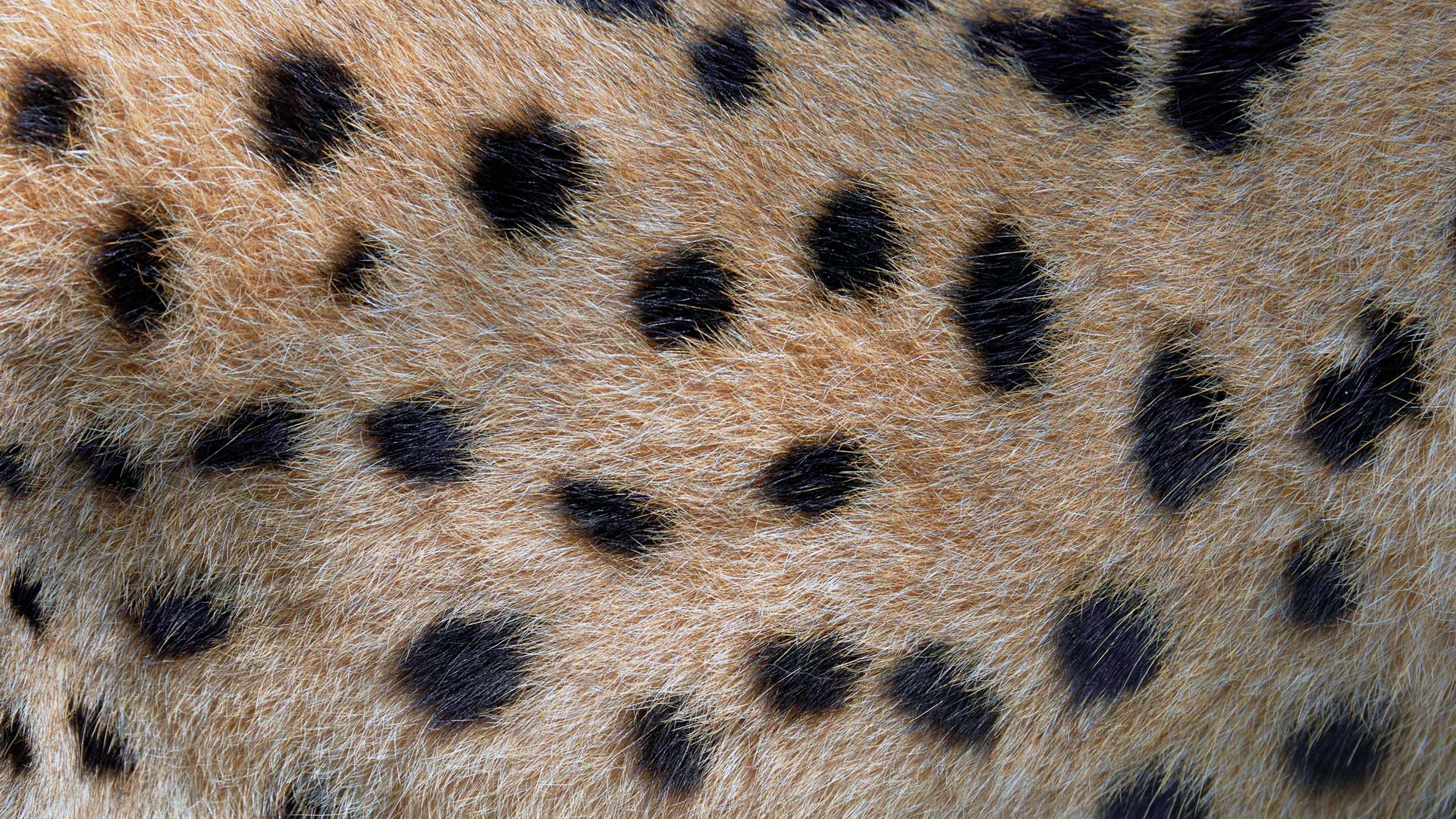 Whether you decide to drive home with your new kitten or fly in a plane is your choice. Neither way is more stressful for a kitten than the other.
Whether you decide to drive home with your new kitten or fly in a plane is your choice. Neither way is more stressful for a kitten than the other.
If your new kitten is stressed, it is likely from being separated from the home he has been used to for his first couple months of life, and his brother and sister kitties that he’s been with since birth.
Once he/she gets to know you and your family members, kitty will become comfortable and very attached to you!
Your Savannah Kitten At Home
Before bringing your new Savannah baby home, there are a few things you should do to prepare. It may take a little time for your new baby to become acclimated to his/her new home. When you first bring your new baby home it is best to quarantine him/her in a small room of your house without other pets around.
You may want to pick a room that doesn’t have places he/she can hide under if possible. Open the door to the carrier and let your kitten come out on its own. Have its food, water, and litter box close by. This makes it easy for your new kitty to get to know you and the “new” house on its own terms.
Often, new kittens will jump out of the carrier right away. If your kitten seems too shy to come out he/she may be coaxed out with a feather wand or another toy. Allow your new kitty to explore the room at his/her own pace. Place your kitten gently in the litter box and let him/her know where the food and water bowls are located.
Moonlight Savannahs will provide information on what your new kitty has been eating while waiting to join you and your family. We will give you information on the kitten/cat food that we recommend and also provide you with a sample when you pick up your new baby. If you decide to switch to a different food once you are home it is best to make this change gradually.
When you first bring kitty home, offer him/her a small amount of wet kitten food. Dry food is a staple for all cats. Moonlight Savannahs recommends always allowing your kitten access to dry food. Dry kitten/cat food should be grain-free and gluten-free since cats are obligate carnivores they are unable to digest these items. A high quality, high protein dry food will help your cat to have easier digestion and smaller solid fecal matter.
Some breeders support using a raw diet for Savannah cats. If you plan to incorporate a raw diet, please educate yourself on this matter. It takes serious commitment because you must ensure your kitten/cat is getting all the ingredients required for proper nutrition. You will also need equipment required to grind the food and supplements needed together.
Once your kitten is familiar with this first room allow him to gradually explore the rest of your home. But before exploring other parts of your home, you will want to bond with your new baby first. It is important to bond with your new kitty before he/she is introduced to other pets in the home.
Getting down on the floor with him/her will put you on kitty’s level allowing your new kitty to play with you. It will not take long for your new baby to become comfortable with you. Using a toy to play with the kitty is an easy way for them to get to know you. Kittens typically can’t resist toys. They love chasing feather wands and jumping for them when you wave them through the air.
If you have other pets in your home, it is important to quarantine your new Savannah for at least two to three weeks. You will want him/her to have become comfortable with and bonded with you first. Quarantining your new kitten will also protect him/her from becoming sick. When a kitten is transitioning to a new home, it can be somewhat stressful for him/her.
If stressed, a kitten’s immune system may be weakened, making him/her more susceptible to “catching a bug” from another pet. A kitten with a weakened immune system will not be able to fight illness as easily as an adult cat.
